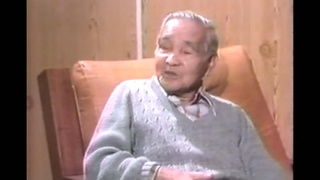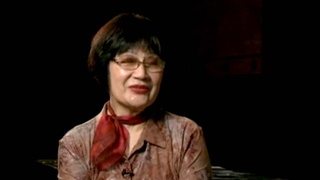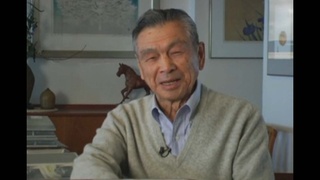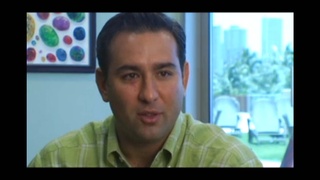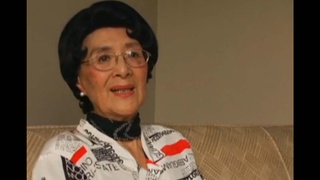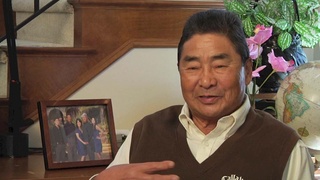Entrevistas
After being discharged and returning to the nursery business
After my time was up, I went back to, well I was discharged in New Jersey so I went home to New York.
And Henry, the oldest one and George and Willy were already in the flower growing business. So they were looking for me and I was at the bottom of the ladder. They were telling me what to do. My two younger brothers, because they already know what to do. Well, we’re doing this and doing that, and doing that, you have to give us a hand.
It was kind of interesting to do that, and what else could I say? But I was there for five years, we worked together for five years. And we all got back on our feet, doing real well. Later on, they were doing even better. They’ve expanded and they all three retired from the five acres of land there. Dad was the one that says, “Yes, you’re not going to go out and lease a land. You’re going to go out and buy that place and make an effort.”
Data: February 6, 2015
Localização Geográfica: California, US
Entrevistado: John Esaki
País: Watase Media Arts Center, Japanese American National Museum

